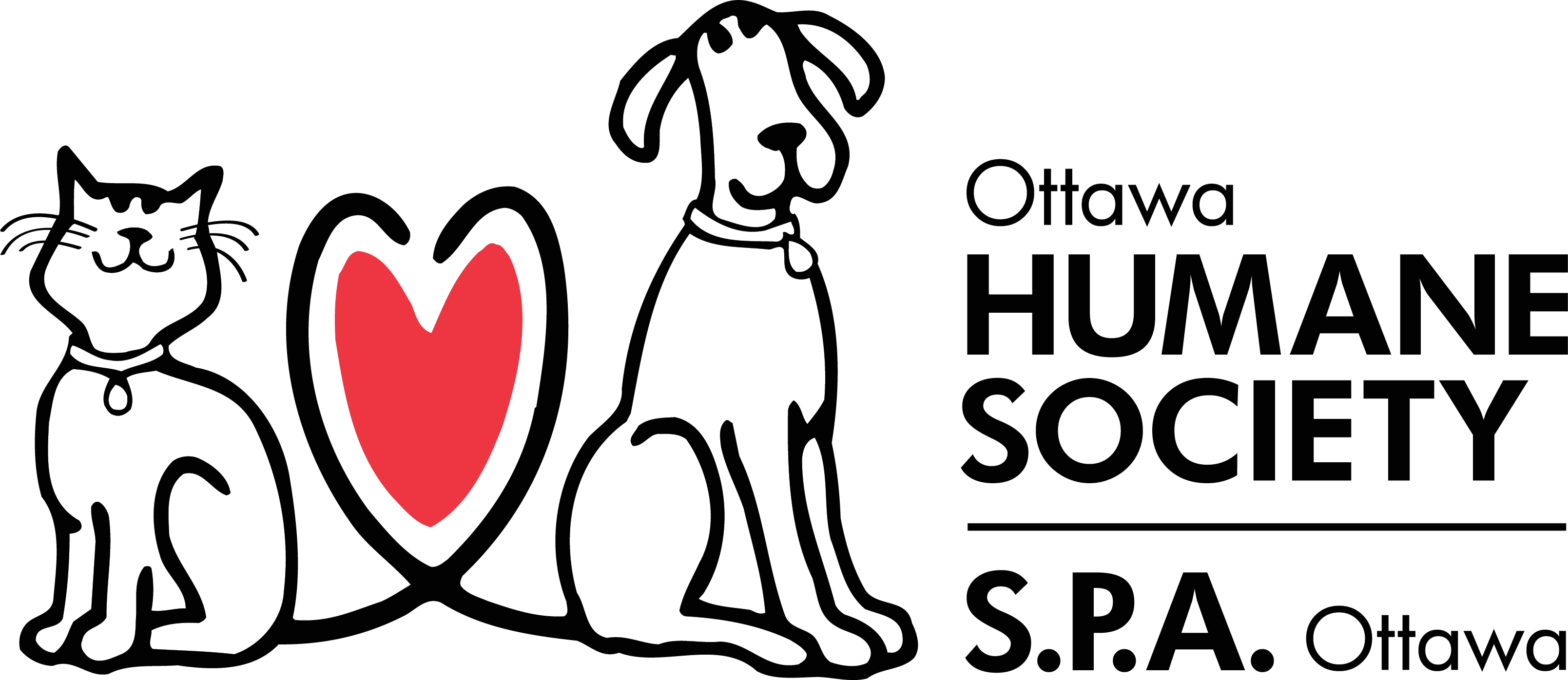Whales in Crisis: Deadline Looms
Thirty beluga whales held captive at Marineland face euthanasia. Marineland issued the ultimatum after the federal government denied export permits to send the whales to a theme park in China. The government states the transfer would lead to a continued life in captivity and a return to public entertainment. At the OHS, we agree this would be unacceptable.
Marineland says if it doesn’t receive emergency funding or a permit to export the whales by end of day today, it will euthanize the whales.
How can it be that we, whose toddlers have danced to Raffi’s “Baby Beluga in the Deep Blue Sea,” will accept this?
Animal advocates are scrambling to save the whales and the other animals still at Marineland. Our partners at Humane Canada and other animal welfare groups have offered to help find humane options.
Players across Canada are shifting blame and accountability. There is no doubt: Marineland holds the gross share of responsibility. Its heinous threats show its true colours. But as Canadians, we are not blameless. The public’s entrance fees and patronage of Marineland over decades allowed it to keep operating, well after concerns around its treatment of animals came to light.
These noble, sensitive animals are caught in a mess that we humans created, and we owe them a better ending than this.
Experts are emphatic that we must consider the health of each individual animal. We know that Marineland’s transfer of five belugas to an aquarium in Connecticut resulted in three dying in two short years. Transfer may not be possible for some of the whales, and allowing them to languish in their woefully inadequate enclosures would be an act of cruelty.
For the whales healthy enough for transfer, a home in a seaside sanctuary is ideal. The challenge lies in the immense cost of completing the transfer, the continued care of the whales and in the limited options available. Government has a role to play in brokering this transfer, understanding that these are Canada’s whales and we as a public contributed to their distress.
Jane Goodall’s passing only days before this crisis is a reminder of what we owe to the animals trapped at Marineland. This is especially clear in her words:
“No one anointed us ruler of this kingdom. It's not ours to own. We are simply one of the animal species on our planet. Not separate, not superior. We hold in our hands a responsibility to preserve harmony in the natural world.”
Marineland’s opening in 1961 was a slip in our shared responsibility to the harmony of the natural world. In 2019 when Bill S-203 ended captivity of whales and dolphins, grandfathering Marineland’s captive animals, we toed in the right direction but did not plan for what would happen if Marineland was to fail.
As Canada considers the Jane Goodall Act and other legislation to modernize our country’s relationship with animals in captivity, we must learn from today’s dire situation. In banning the captivity of animals, we must also plan for how the animals will be supported for the rest of their lives.
We as humans have made a mess for these whales. We can clean it up together. As Canadians, I know we are more than capable. Tell the government that this is who we are: We will not allow our mess to be swept under the rug with the euthanasia of these magnificent, sentient creatures.

Sharon Miko
President & CEO


